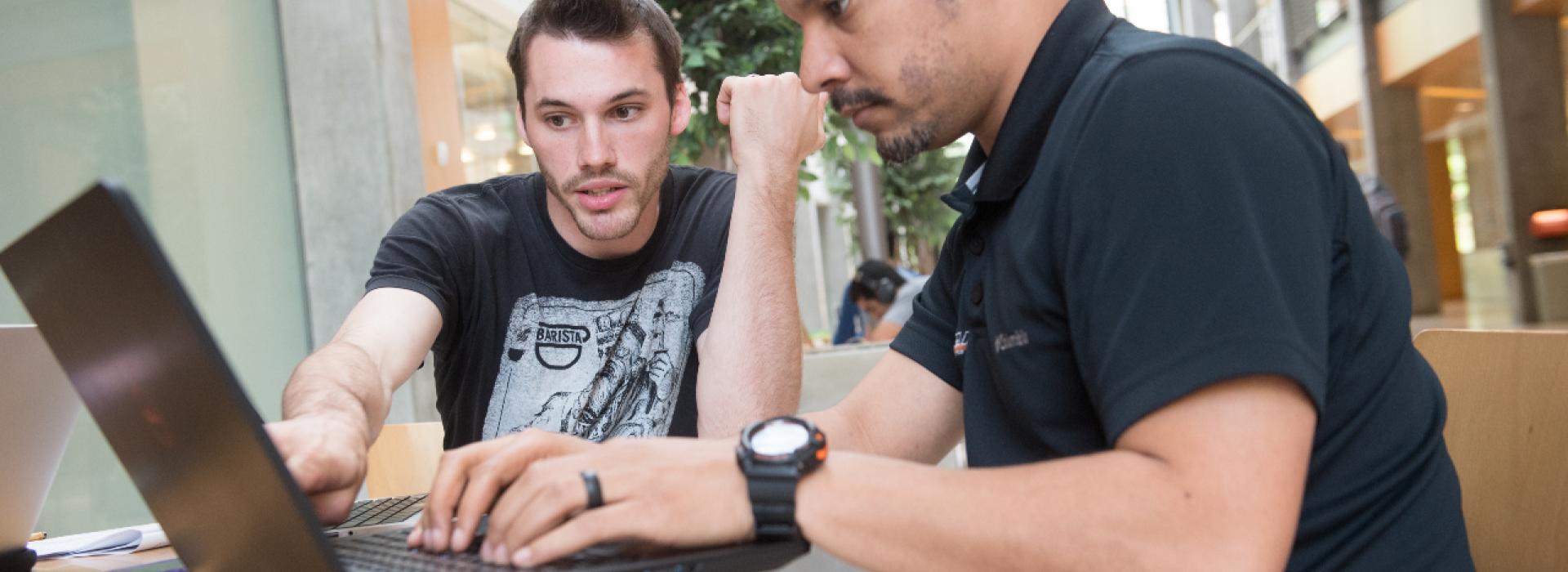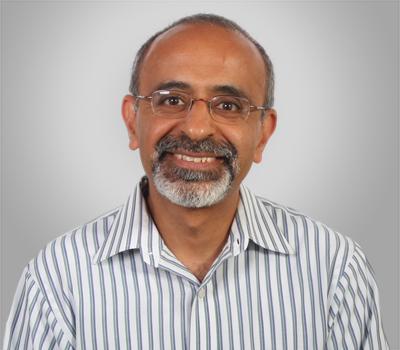
Karti Mayaram admits he wasn’t all that interested in coming to the US for graduate school when it was first suggested to him by a college math professor in India — even though many of his fellow students were excited about the idea. But once convinced to at least take the qualifying English exam, he started looking into the possibilities.
“I realized, wow, there are a lot of great opportunities, and I got on the bandwagon with everybody else,” he says.
And he sees now that small suggestion changed his life.
“I think that’s how it happens a lot of times. That’s why I like being at a university because you can do little things that have a big impact,” he says. “I was not sure what I wanted to do and some teachers who were really good mentors gave me nudges and pushes at the right point in time and made a difference.”
And it was in graduate school at the State University of New York, Stony Brook that he discovered an area of research that combined his top interests — software programming, device physics, and integrated circuits. He was helping with a project to model a transistor that used a program called SPICE, created at the University of California, Berkeley. He enjoyed it so much that it led him to apply to Berkeley for his Ph.D. work.
“It put everything together for me, and I haven’t strayed very far in my interests since then,” he laughs.
Even though the reason he got his Ph.D. was to have the opportunity to teach and influence young students in the way his professors had done for him, he initially went into industry in order to get more practical experience with real world problems.
“I probably stayed too long,” he jokes of his four years at Texas Instruments and four years at Bell Labs. “If you’re on a campus you see a lot of new faces and you get to experience new ways of thinking. The energy level at a university is just very different from a company because you are working with a lot of young people.”
He also values the independence of controlling his own research program. But the reason he came to OSU was for the opportunities to collaborate with other people.
“I was looking for a place with people who had strengths in other areas than me, and we could overlap and do something bigger and better. And at OSU that has worked out really well because I’ve been fortunate to work with some really neat people,” he says.
Collaborations with outside departments have afforded some unique opportunities including a project to develop a wireless sensor network for faculty in the College of Forestry in which sensors distributed throughout the forest collect temperature data and send it back to a base station. The system harvests radio frequency energy from the environment so that no batteries are required. Another project with the Fisheries and Wildlife Department uses the cell phone infrastructure to track birds tagged with electronic devices.
Mayaram’s outstanding achievements in engineering have earned him Fellow status with the IEEE professional society, given to only a select group of members.
But his biggest accomplishment he says is, “working with students and seeing them grow so by the time they're done they have become really successful both professionally and as human beings.”

